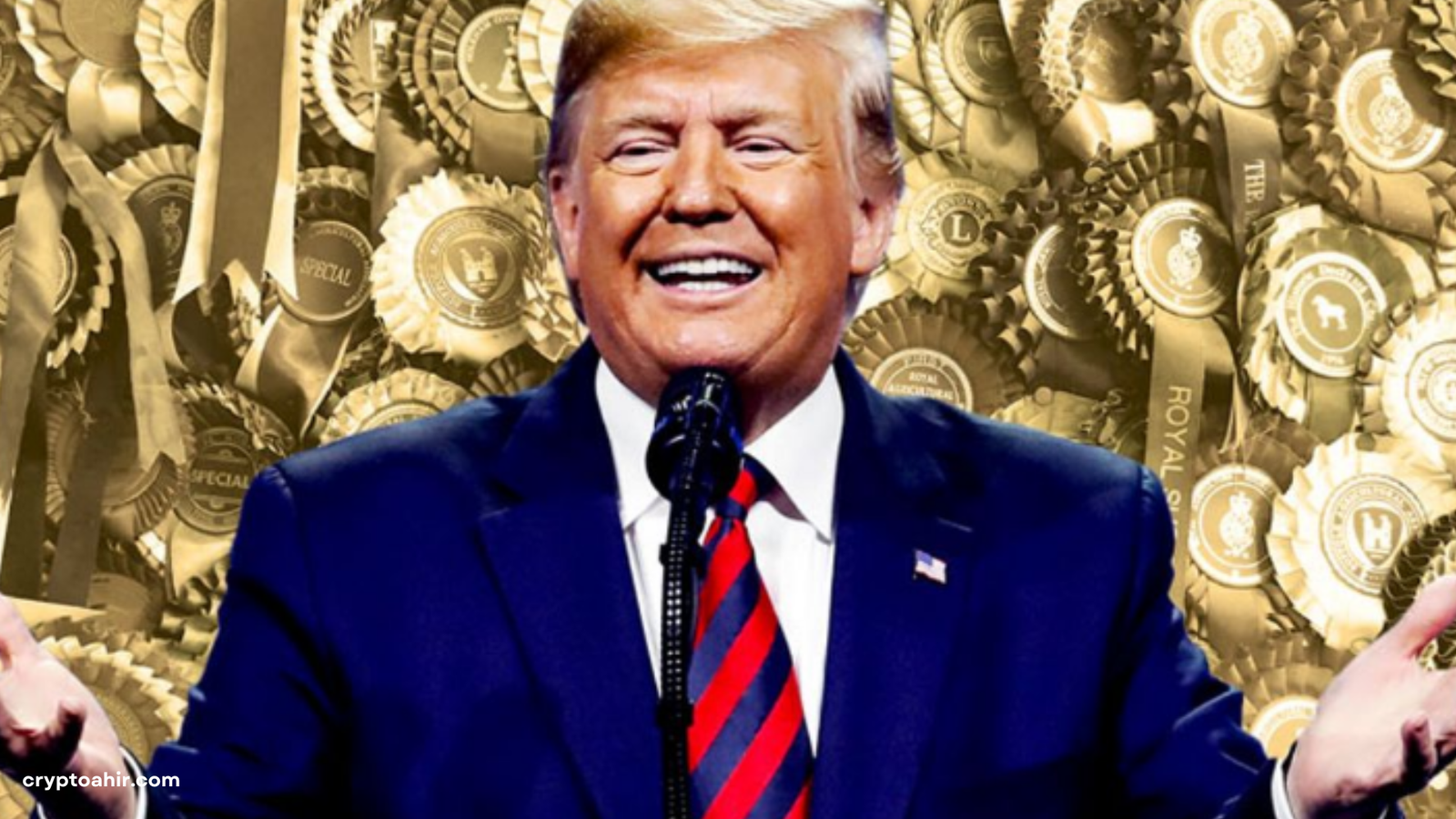You have probably taken a version of the Myers-Briggs test for investors if you have ever dealt with an investment advisor, whether they are actual or virtual.
If your portfolio had a significant decrease, how would you respond? Which do you prefer when making investing decisions: growth potential or stability?
The purpose of these questions is to determine how much danger you can tolerate. You are typically seen as a “aggressive” investor if you are prepared to tolerate a high degree of short-term volatility in exchange for the possibility of longer-term, larger profits. “Conservative” refers to those who are more focused on protecting their riches.
While conservative investors choose the security and predictability of bonds, aggressive investors typically own bigger shares of riskier assets, such as stocks.
Therefore, you would imagine that aggressive investors would be the only ones using cryptocurrencies, an asset that is incredibly volatile. However, among the wealthy and young, such is not the case.
According to a recent Bank of America Private Bank study, investors who identify as aggressive and have at least $3 million to invest, on average, have 14% of their portfolios in cryptocurrency. Among their conservative counterparts, the average holding was 17%.
Are young, affluent investors, therefore, redefining what it means to be conservative or aggressive? Most likely not.
“It’s surprising, but I also think it has to do with the exact moment we’re in,” says Stephane Ouellette, founder and CEO of digital asset firm FRNT Financial. “We don’t have an aggressive, momentum-style market in digital assets that typically attracts aggressive investors.”
“If you’d conducted the survey in 2021, you would have likely gotten very different answers.”

The causes of the “ironic” outcomes
Aggressive investors were flooding in a few years ago when cryptocurrency and other digital assets were soaring, according to Ouellette. When prices fell in 2022, several of them withdrew. According to Ouellette, a distinct type of investor has been responsible for a large portion of the cryptocurrency market’s recent recovery.
According to him, “fervent bitcoin supporters, who see it as a kind of hedge outside of the current financial system, have been much more driving this whole recovery.”
In other words, the people who are holding on are the true believers in the current climate, which is calm by the volatile norms of cryptocurrency. Ouellette suggests that if and when cryptocurrency values start to rise again, the more active investors would probably dive back in.
However, is it possible for something as erratic as a cryptocurrency to be deemed “conservative” in any way? Although traditional investments like stocks and bonds include some risk, they are ultimately backed by fundamentals like cash flows and company earnings. Investing in cryptocurrencies is regarded as entirely speculative, with prices changing only in response to investor demand.
Brad Klontz, a professor of financial psychology at Creighton University and a licensed financial adviser, says it depends on your perspective.

“It’s more conservative to own crypto? It goes against all logic,” he says. “A lot of crypto investors are significantly more likely to be anti-establishment, with less trust in the systems, less trust in the government. The ironic thing is, they might feel like it’s less risk to have some diversification out of dollars and out of stocks.”
When taking into account the requirements of a young, affluent investor, such a mindset can make even more sense. A tiny investment in cryptocurrency can add significant risk to a portfolio for those seeking to increase their wealth, but it also has the potential to significantly increase returns.
However, it may take a catastrophic economic collapse to derail your portfolio if you already have a lot of money. According to Mike Pelzar, head of investments at Bank of America Private Bank, cryptocurrency might give some investors peace of mind because it can be used as an alternative means of payment and a theoretical store of value. Some people believe that cryptocurrency would continue to thrive while traditional assets fail in the event that the U.S. dollar or the economy as a whole collapsed.
According to him, “it’s ironic that a lot of those younger investors actually think [crypto] investments are safer.”














Leave a Reply